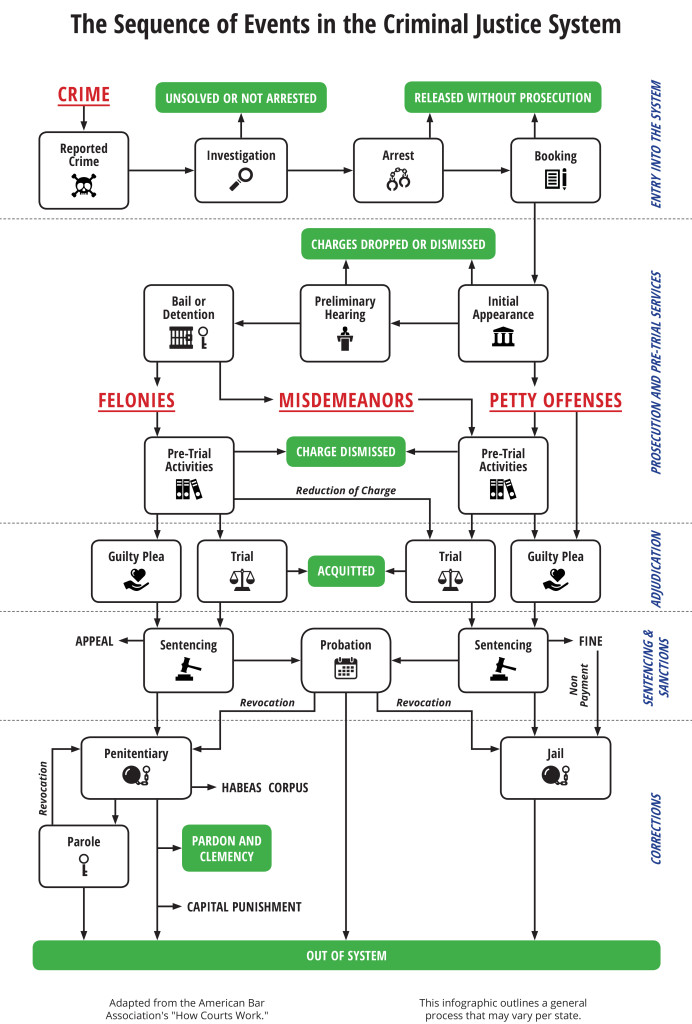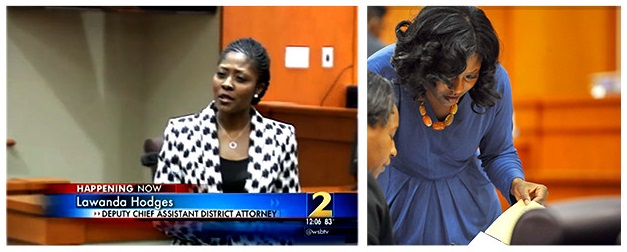![]() Everywhere we look—on television, social media and various news formats, there are crimes, suspects, arrests, investigations, witnesses, and citizen journalists posting videos of alleged wrongdoing. Through all of the uncertain activity, everyday citizens are left to wonder: what next in the legal process?
Everywhere we look—on television, social media and various news formats, there are crimes, suspects, arrests, investigations, witnesses, and citizen journalists posting videos of alleged wrongdoing. Through all of the uncertain activity, everyday citizens are left to wonder: what next in the legal process?
How does the legal system protect my family and me? How will justice be served? Through a series of posts, we will explore the legal process and create greater understanding about the behind the scenes procedures known as due process, or the legal requirement a state has to respect the rights of the accused.
Before I answer the questions above, let me offer a bit of background. The legal process is established by local, state and national statutes and by its very nature is intended to leave no stone unturned—and as a result is also extremely complex.
*Once an alleged crime is committed and reported, there are five most common steps that take place before a case goes to trial:
- Investigation A criminal investigation uncovers information about a crime. During this process, investigators work to piece together the who, what, when, where, why and how of a crime. At the end of the investigation, the suspect(s) can be identified.
- Arrest If probable cause has been established, the suspect will be placed under arrest. After a person is arrested, they are “booked,” or entered into the police system.
- Bail (or Initial Appearance) The accused makes this initial appearance before a judge who sets bail. Bail is money paid by an arrested person in exchange for their release from police custody. As a condition of bail, the individual agrees to appear for court proceedings. In some cases, bail is not granted. A judge may deny bail depending on the severity of the case and whether the accused is a flight risk.
- Preliminary Hearing During a preliminary hearing, the judge listens to the prosecution’s (the state’s) evidence and decides if there is enough evidence presented to charge the person accused of a crime with the actual crime.
- Arraignment The arraignment is the first court proceeding in a criminal case. During this stage, the judge will formally notify the accused of criminal charges against him, determine if he has an attorney, and ask the accused to enter a guilty, innocent or no contest plea. The prosecution may present documents related to the investigation and a preliminary hearing or court trial may be scheduled.
*Outlines a general process that may vary from state to state



